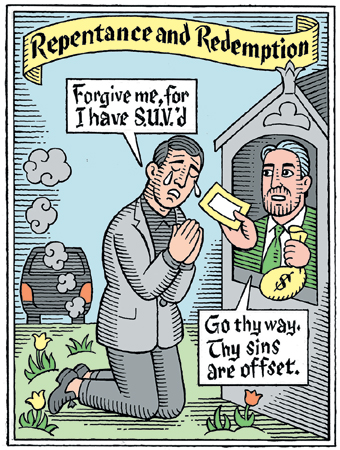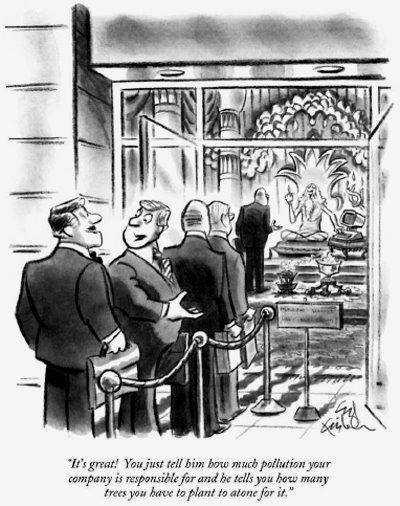GENEVA -An expert group set up by COMECE last January and chaired by the former EU-Commissioner Prof Franz Fischler yesterday published its report.
The document: 'A Christian View on Climate Change; underlines the huge challenge that climate change represents for mankind. It calls on European leaders to anchor their climate change policies in ethical thinking, based on inter-generational justice and solidarity towards countries of the South. The experts also call on the Church and on Christians to show an example by adopting life styles based on moderation.
It must be recognised that the fight against climate change is first of all a problem of public ethos. It will be hard to solve without challenging certain ways of organising society, without questioning the ways we live together and the value system of civil society. In order to convince citizens to fundamentally change their way of thinking and living, political leaders should turn to profound ethical reflection and debate.
According to the report, this reflection could be based on Christian theology which has developed interesting ideas on this topic. Above all, the values and principles of the social teaching of the Church - global justice, disposition towards the weakest, subsidiarity, solidarity and responsibility for the common good - could allow climate change policies to be assessed.
The authors of the report emphasise the fact that climate change is especially an issue of intra- and inter-generational justice. Consequently, they call on the European Union to take up the leadership and to raise its voice for the developing countries and for future generations who bear or will bear the highest burden of climate change.
The authors underline the fact that the EU bears a special responsibility for combating climate change, in view of its technological and financial means and its experience with cooperative action. The EU should show the example and convince all actors concerned of the necessity of protecting the Earth's climate.
The report recalls that climate change is but one symptom of an unsustainable way of life, modes of production and patterns of consumption that have evolved in the industrialised world but which are not sustainable in future.
It calls on citizens to question their own lifestyles that are too dependent on material goods and to base them much more on cultural and relational goods. In fact, our lifestyles should be based on voluntary 'moderation', a central virtue that should be understood as having the aim, not of diminishing, but rather of supporting a higher quality of life and a greater reason to rejoice.
The Catholic Church and all the Christians are best placed to propagate such changes in lifestyles, through concrete proposals and by their modest examples. In order to contribute to the debate on Climate Change, the COMECE Bishops officially decided on 23 November to set up an ad hoc Working group on "EU Climate Change Policies and Christian Lifestyle". The Working group, which consists of 10 European personalities from Politics and Science, will submit its report to the COMECE Bishops on the occasion of their Plenary Assembly, on November 12-14 next. The full report will be available at www.comece.org
30 October 2008
© Independent Catholic News 2008
Sunday, November 2, 2008
Subscribe to:
Post Comments (Atom)
Carbon Confessions from Earth Day 2009, Santa Barbara, CA
The Tree of Carbon Forgiveness

Carbon Penance Generator
|
Penance -- Then and Now

In the Middle Ages, there was no buying and selling of carbon indulgences. Now it's a booming business. "The worst of the carbon-offset programs resemble the Catholic Church's sale of indulgences back before the Reformation," said Denis Hayes, the president of the Bullitt Foundation, an environmental grant-making group. "Instead of reducing their carbon footprints, people take private jets and stretch limos, and then think they can buy an indulgence to forgive their sins." The New York Times, 4/29/07
Carbon-Neutral Is Hip, but Is It Green?

What's a Carbon Footprint?

A
carbon footprint is a "measure of the impact human
activities have on the environment in terms of the amount of
green house gases produced, measured in units of
carbon dioxide". It is meant to be useful for
individuals and organizations to conceptualize their
personal (or organizational) impact in contributing to
global warming. A conceptual tool in response to carbon
footprints are
carbon offsets, or the mitigation of carbon emissions
through the development of alternative projects such as
solar or wind energy or reforestation. A carbon footprint
can be seen as a subset of earlier uses of the concept of
ecological footprints.
Source: Wikipedia - Carbon Footprint
No comments:
Post a Comment